Student Accessibility Services
Dedicated to removing barriers to the Simpson experience for students with disabilities.
Simpson College is committed to creating a supportive learning environment for students with disabilities. We will work closely with you, in partnership with our faculty and staff, to provide the specific accommodations you need to thrive.
See Our SAS Handbook for Details
Your Accommodation Options
In accordance with the Americans with Disabilities Act and Section 504 of the Rehabilitation Act of 1973—as well as Simpson College’s moral standard of respect and empathy for all experiences—the Office of Accessibility Services is committed to working with students who have disabilities throughout their college journey.
| Academic Accommodations | Emotional Support Animal | Housing Accommodations | Temporary Accommodations |
How to apply for accommodations
If you would like to apply for accommodations such as extended time on tests or an emotional support animal, please complete the steps below. After submitting your application you will meet with the Student Accessibility Director to develop a list of reasonable accommodations based on your support needs.
1. Reach out to sas@simpson.edu or stop by Dunn 103.
2. Fill out the “Request for Accommodations” form.
3. Submit any other necessary forms or documentation to sas@simpson.edu.
4. Submit any necessarily documents to your SAS portal.
5. Schedule an appointment with the SAS director to discuss what accommodations are appropriate for your support needs.
Contact Student Accessibility Services
On-campus resources
Additional Resources
Our Gallery
 |
 |
 |
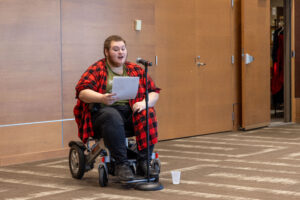 |
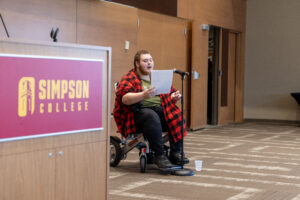 |
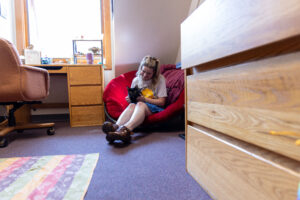 |
Meet your CARs staff
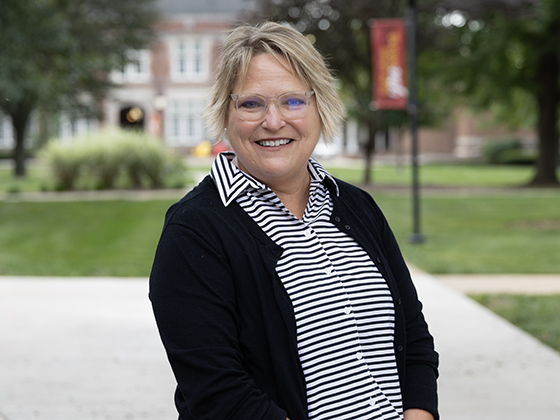
Jori Coglan
- Academic Coach
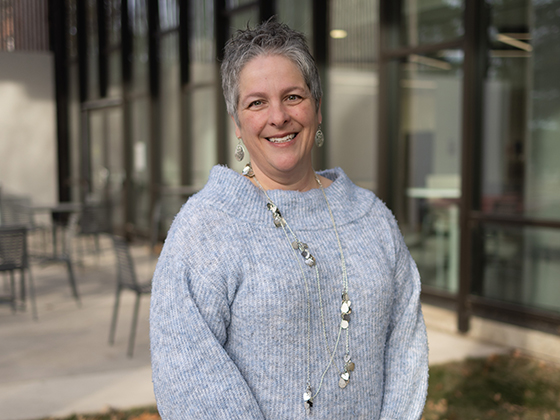
Karen Lynch
- Director, Student Accessibility Services

Paul Hyatt
- Academic Support Coordinator

Amy Jeffrey-Kennel
- CARs Director of Academic Coaching

Jen McGovern
- Writing Center Director
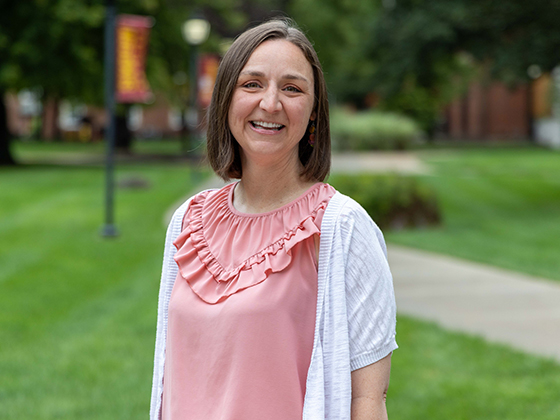
Adrian McNew
- Student Accessibility Services Coordinator
Creating an Impact
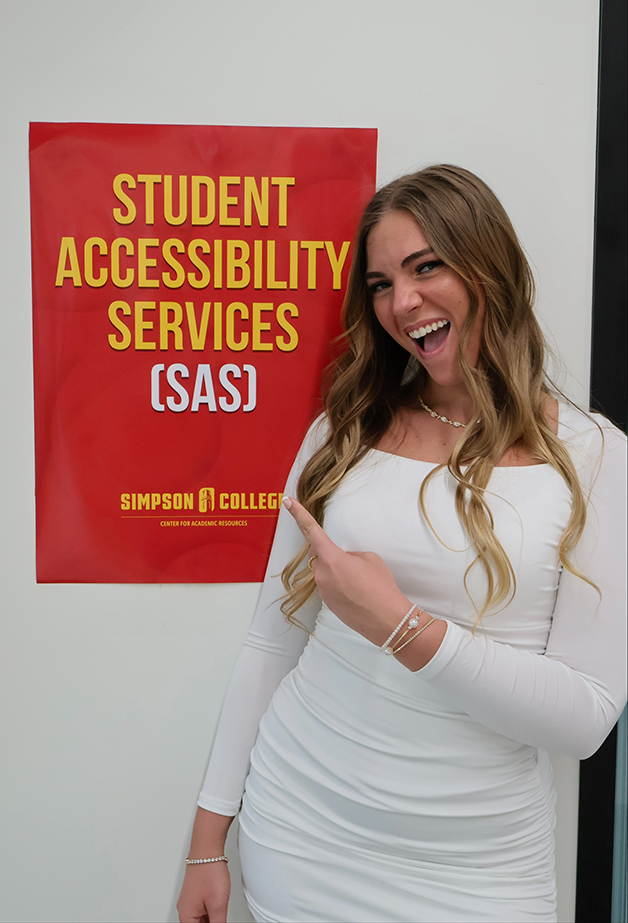
"Having the support of Student Accessibility Services made a real difference in my college experience. Knowing I had people and resources I could count on helped me feel more confident and able to focus on my goals."
Kenzie Reynolds '25
2025 Graduate
Need assistance? We're here to help.
Student Accessibility Services
Supporting students with accommodation needs on campus.
- sas@simpson.edu
- 515-961-1515
- Dunn Library Suite 103
- Monday - Friday, 8 a.m. - 4:30 p.m.
- car@simpson.edu
- 515-961-1682
- Dunn Library, Suite 103
- Monday - Friday, 8 a.m. - 4:30 p.m.

